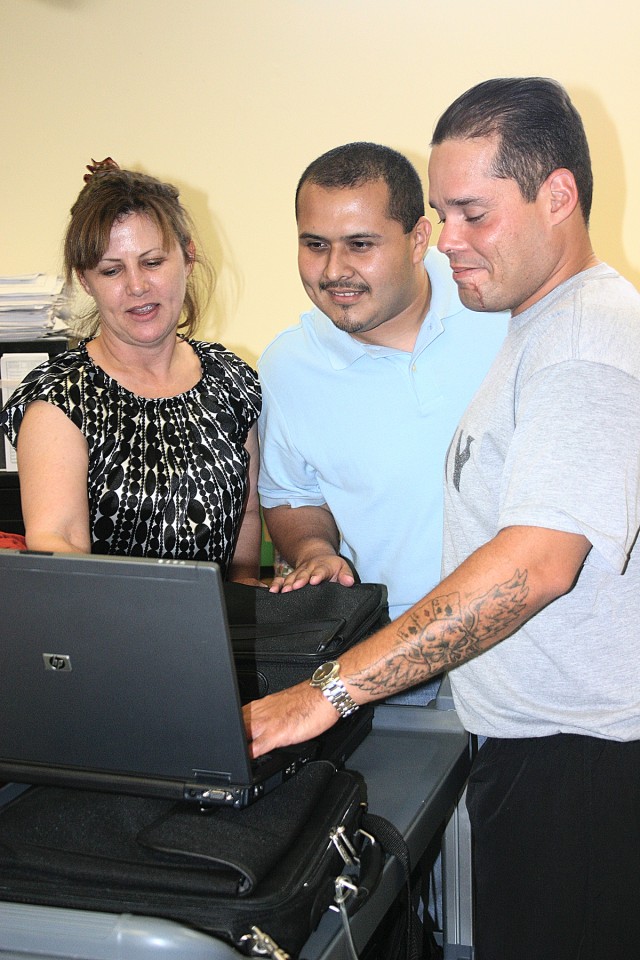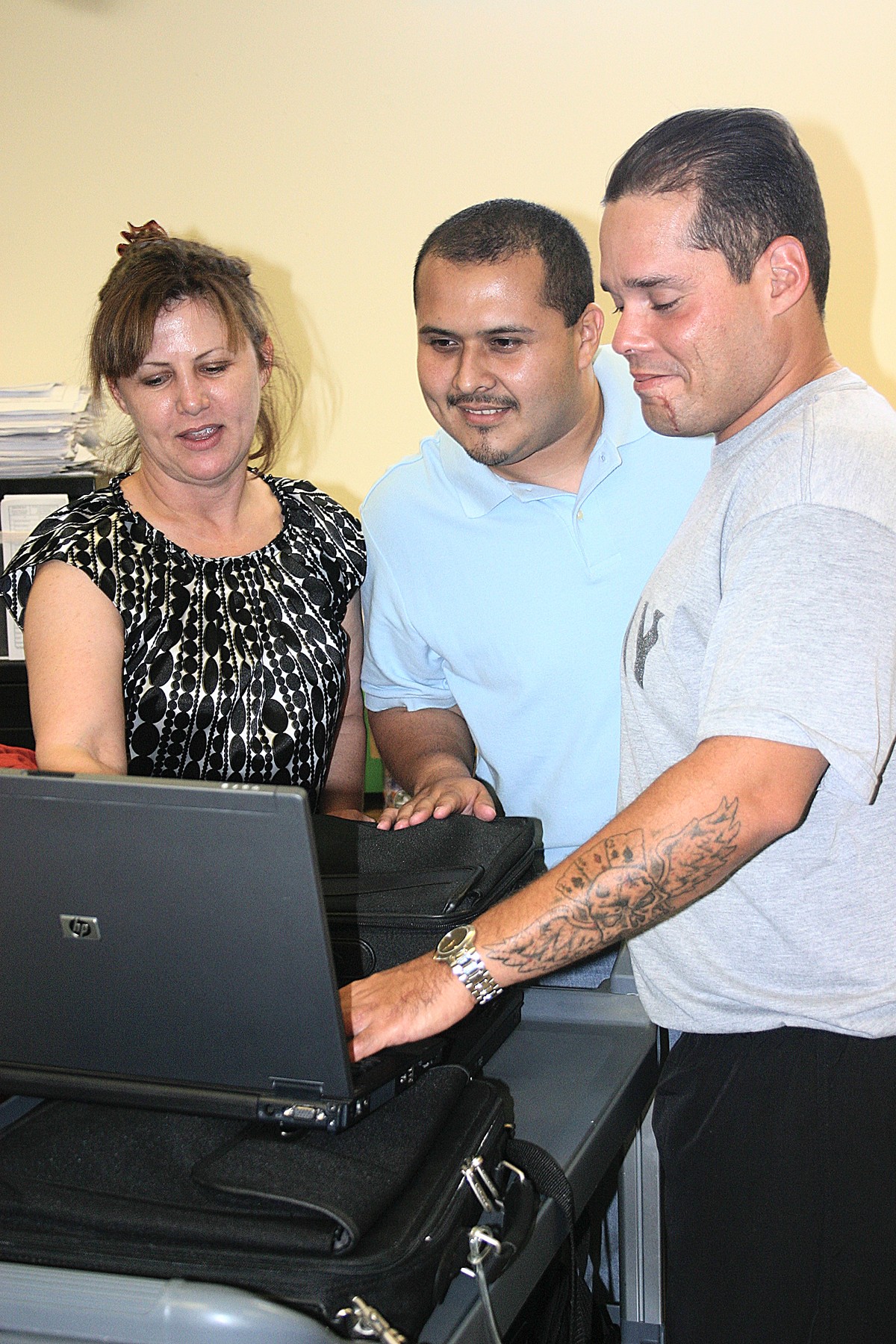
FORT SAM HOUSTON, Texas -- Staff Sgt. Manuel "Manny" Figueroa Jr. joined the Army at age 21.
"My goal was to be an active duty Soldier and retire after 20 years," said Figueroa. "I wanted to kick down doors and blow things up."
Figueroa was severely injured in Iraq Feb. 8, 2008 when the vehicle he was riding in hit an improvised explosive device hidden under a canal bridge.
He was blown 60 feet from the vehicle and the driver was killed.
"They found me dead, I was gone," he said. "One of the other team leaders told me he started beating on my chest and got a heart beat."
Figueroa was bleeding profusely from his hands, face and legs; and he also had a broken pelvis and tailbone. All this was happening while the unit was under small arms and mortar fire.
"When the helicopter picked me up to medevac me to Kirkuk, I flat-lined again, the flight surgeon brought me back," he said.
Figueroa was told he flat-lined several times before he arrived at Brooke Army Medical Center.
"I have always been a firm believer that when it's your time to go, it's your time to go. I must have wanted to go a lot." He laughingly said. "But it wasn't my time to go."
He is still piecing the events together from what members of his unit and medical personnel told him.
"I don't remember that day at all," he said.
He woke up six days later at BAMC. "The only thing I remember is when I finally opened my eyes I was on the fourth floor of BAMC and both my parents and my wife were standing in front of me."
Figueroa has undergone three surgeries since arriving at BAMC and has one more to go.
"There are still a lot of unanswered questions that I have (about what happened)," he said. "There are a lot of doors I want to open, but at the same time if I open the door it's like a Pandora's Box. What emotions will come out," he wonders.
Figueroa is currently working at the U.S. Army Medical Command Health Care Acquisition Activity reviewing Educational Service Agreements, as part of his recovery process within the Warrior in Transition Unit.
"Working at HCAA gives wounded warriors the opportunity to learn a new skill, whether they stay in the military or they medically retire" said Lt. Col. Scott Svabek, commander, U.S. Army Medical Command Health Care Acquisition Activity.
"He's a happy, fun-loving guy. The staff loves to have Manny around. He has an excellent attitude for having endured what he has endured," said Ned Stephens Jr., chief, Center for Health Care Contracting at HCAA.
"It's allowing me a transition to being a civilian again," said Figueroa.

Social Sharing